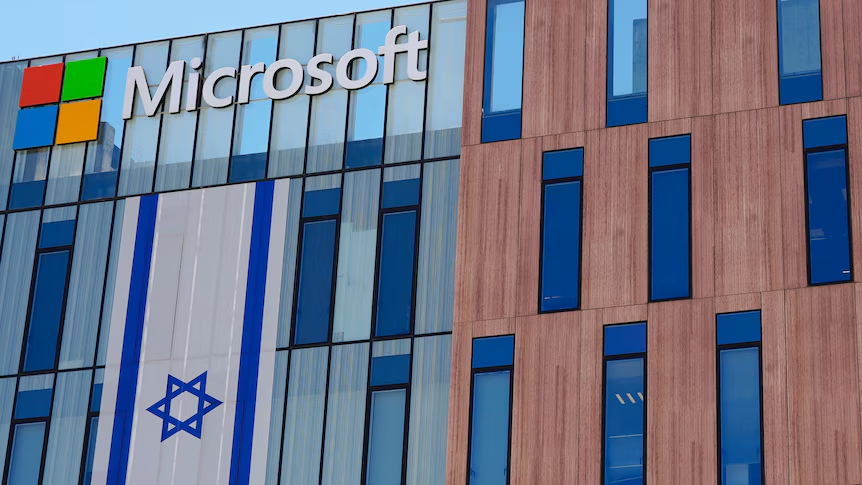
The recent ceasefire, while a vital step toward peace, reveals the colossal task of rebuilding Gaza’s scientific and educational infrastructure, which has been systematically decimated by years of conflict. A growing consensus of activists, academics, and international observers argues that the global technology companies whose services were instrumental to the military operations and surveillance in the region must now assume a central, compensatory role in Gaza’s reconstruction. This demand for restorative justice would pivot their massive resources from enabling conflict to investing in the Palestinian people’s future.
The Dual Role of Technology
Companies like Google (Alphabet), Amazon, and Microsoft have faced intense scrutiny for their deep contractual ties to the Israeli military (IDF) and their historical business involvement in illegal Israeli settlements.
- Fuelling the Military-Tech Complex: Through multi-billion dollar contracts like Project Nimbus, these companies provide the cloud computing and Artificial Intelligence (AI) power that enables sophisticated surveillance, intelligence gathering, and AI-driven targeting systems used by the IDF. Critics argue that by supplying the essential digital infrastructure for military operations, these corporations are inherently complicit in the destruction of Gaza’s civilian infrastructure, including the very universities and schools that are the foundation of its future scientific community.
- Solidifying Occupation: Beyond the direct conflict, other firms like Motorola Solutions have provided critical communication and security systems that support the infrastructure of illegal Israeli settlements. This involvement directly contradicts international law and is seen as an act that entrenches the ongoing occupation, thereby impeding the development of a sovereign Palestinian economy, including its tech sector.
The tragic paradox is clear: the same technological power that could have accelerated Gaza’s development in sustainable energy, water management, and advanced education was instead deployed to facilitate the devastation.
A Moral and Practical Obligation to Restore
With the end of active hostilities, the responsibility of these tech giants shifts from fulfilling contracts that enable military action to making a profound contribution to peace. Their immense resources and technical expertise—in cloud infrastructure, AI development, and digital education—are precisely what Gaza needs to rise from the rubble.
The call for compensation is not merely for financial aid, but for a committed, long-term technical investment:
- Rebuilding Digital Infrastructure: The companies should lead a fully funded, multi-year project to restore and upgrade Gaza’s damaged telecommunications and digital infrastructure, providing unrestricted, high-speed internet access essential for a modern knowledge economy.
- Restoring Educational Hubs: They must commit significant capital and engineering resources to rebuild the destroyed universities and technical colleges, such as the Islamic University of Gaza and Al-Azhar University. This includes providing state-of-the-art computer labs, cloud access for student research, and digital learning platforms.
- Investing in Local Talent: These firms should establish major Gaza-based R&D centers and tech incubators to directly hire and train the thousands of highly skilled but unemployed Palestinian engineers and programmers. This would compensate for the destruction of the local tech ecosystem, which was crippled by the war and economic blockade.
A formal commitment to this restorative work would not only serve as compensation for past complicity but also lay the foundation for a genuinely peaceful and economically viable future for the people of Gaza, replacing the legacy of destruction with one of genuine digital empowerment.